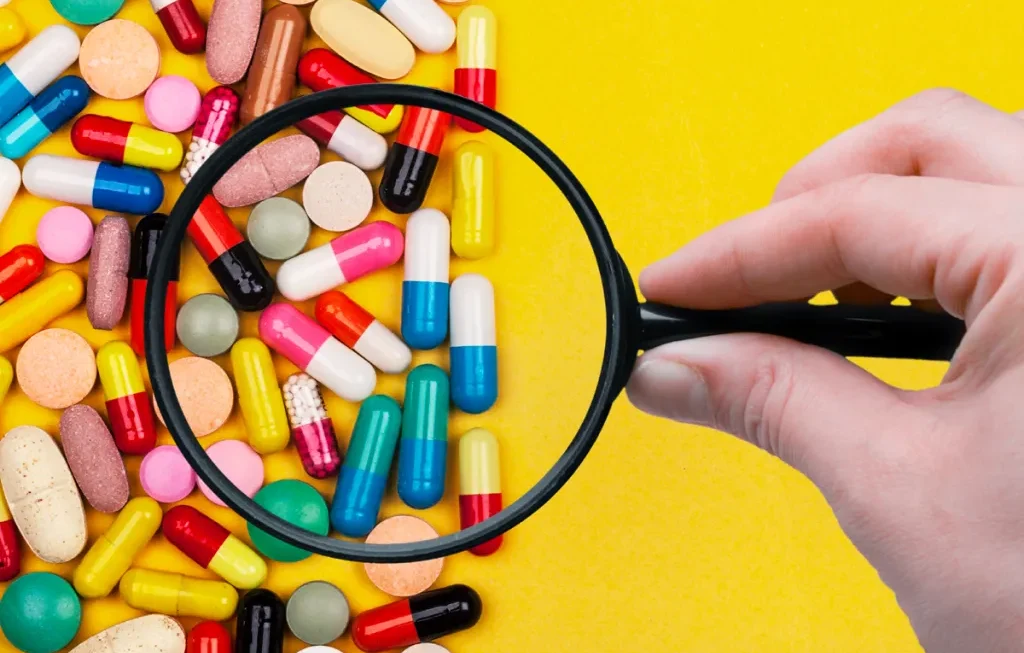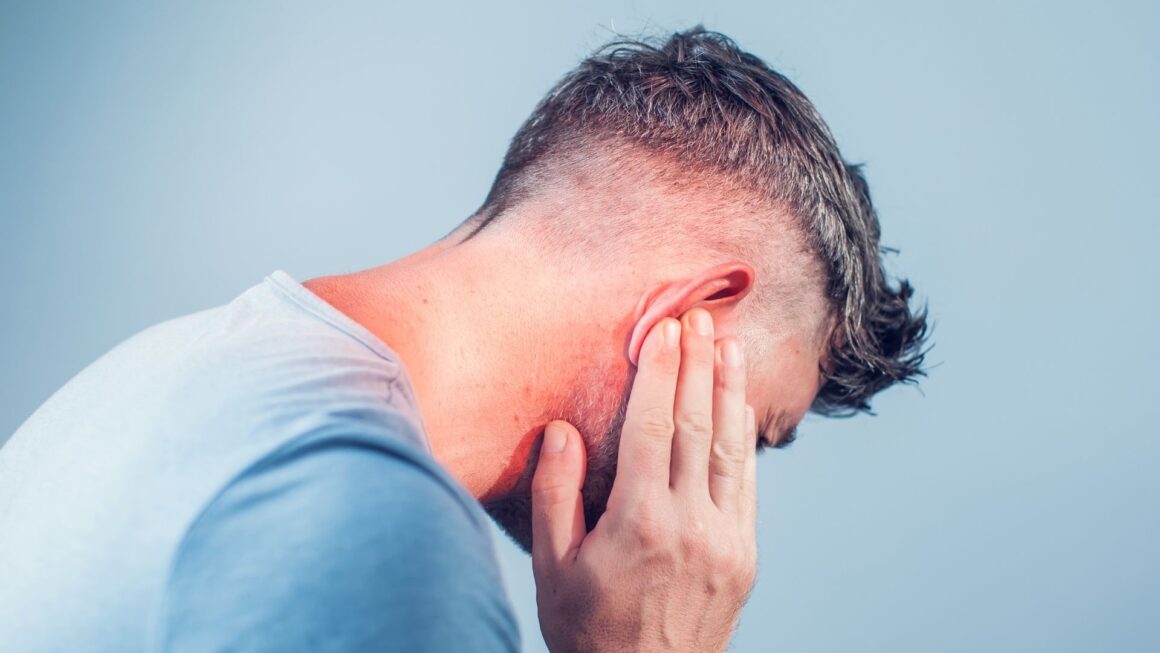It is vital to identify fake medicines for your safety and health. Be cautious when buying medicines since counterfeit medicines pose a serious health risk. The counterfeit medicines usually lack quality control and may contain wrong ingredients or doses.
Consuming such items can cause adverse side effects as well as treatment failure or even severe damage. Be vigilant and confirm the authenticity of medications; patients can be protected from the risks associated with counterfeit drugs while ensuring their safety and the efficacy of the treatment prescribed.
Table of Contents
Check Packaging
The packaging should be checked. This is a crucial step in the detection of fake medicines. The genuine medications usually come in an attractive, sealed package with clear holograms and tamperproof seals. Check the packaging for evidence of damage or alterations. Genuine products always maintain an excellent standard of presentation, which includes clearly labeled information and clear labels.
If the packaging seems to be substandard, is not secure, has no security feature,s or is tampered with, the product could raise suspicions regarding its authenticity. medication that warrants further investigation and a heightened caution in its use.
Verify the Manufacturer
The verification of the source of HPMC as well as Vegetable Capsules is essential in identifying fake medications. Verify the information provided by the manufacturer by referring to reliable sources including official websites. The legitimate pharmaceutical companies keep clear records. Discordances might indicate counterfeit products.
Verify that the information matches, and be cautious of unidentified or untraceable producers. This is a way to ensure the legitimacy and security of the drug, and ensures it comes from a reliable and licensed source.
Check for Proper Labeling
Genuine drugs come with clearly-written, precise labels with precise dosage instructions as well as the date of expiration. Be aware of spelling mistakes and fonts that look odd or any missing information, since these could be a sign of counterfeit products.
The label of the genuine medicine must be professionally printed and any deviation from typical labeling might indicate an indication of counterfeit. Always check labels for completeness and accuracy to confirm the authenticity of the medication and security.
Examine the Medicine’s Appearance
It is recommended that consumers check the color and shape, size and feel of the medicine with genuine samples. Any obvious differences in these physical aspects could cause doubt about the medication’s authenticity.
The presence of unusual physical characteristics may indicate a fake product and prompt people to be cautious and seek more information prior to consuming the drug.
Verify the Batch Number and Expiry Date
Checking the batch number and expiry date is vital in identifying fake medications. Make sure all the data on drug’s packaging matches the information on the label. Utilizing expired medicines may be harmful or not effective.
The counterfeit drugs could display incorrect or incorrect batch numbers as well as expiration dates. Keeping that the information is consistent is an essential step to verifying the authenticity and security of the drug.
Consult Healthcare Professionals
Consult with healthcare professionals in identifying fake medications. Healthcare professionals and pharmacists have the ability to judge an authenticity test for a drug. If you are unsure you are unsure, consult them to verify the legitimacy and authenticity of the item.
They are able to verify the information and provide insight on the packaging, and offer information on proper usage. This is an added layer of protection, and promotes your safety and health against the risk of counterfeit drug products.
Purchase from trusted sources
Purchase capsules of hard gelatinonly from licensed pharmacies, healthcare professionals or trusted online sources. Avoid buying medications from unapproved websites or from street vendors. It is highly discouraged to purchase from unreliable sources, such as street vendors to reduce the possibility of purchasing substandard or counterfeit drugs.
Making sure that the source is trustworthy helps to ensure the authenticity and quality of drugs, protecting your health and well-being.
Be Wary of Unbelievable Discounts
Prices that are extremely low or astronomical discounts on medicine could be a sign of an unauthentic product. This could be a sign of subpar or counterfeit drugs that could are a serious health risk. Genuine medications are available at affordable prices. Significantly discounted alternatives are often not regulated certification or quality control.
Make sure you purchase from trusted sources to avoid any negative effects and ensure the effectiveness of the medication. If an offer seems too promising for its own good, you need to remain skeptical and prioritize your health.
Check for Regulatory Approvals
Make sure that the medication is approved by the relevant health authorities. Look for a registration number, or any other regulatory markings. Genuine drugs are scrutinized and receive approval by health authorities. Check for a registration number or other markings from the regulatory authorities on the package to confirm the product meets safety and quality standards.
The verification of these approvals can help protect against counterfeit medicines, as it ensures that the drug has been approved by the required regulatory requirements to be used and distributed increasing your confidence in its authenticity and efficacy.
Report Suspicious Products
If you believe you’ve come across a fake drug by reporting it, you can help safeguard public health by allowing authorities to conduct an investigation and take appropriate steps. Your alertness can help in the prevention and detection from the spread of counterfeit medications.



